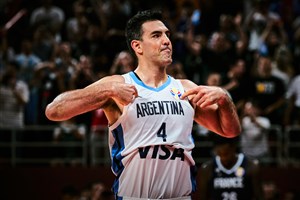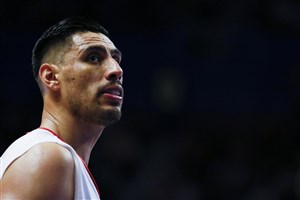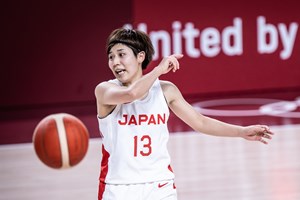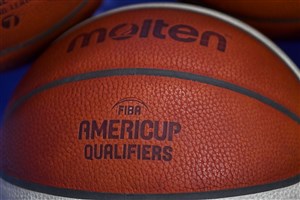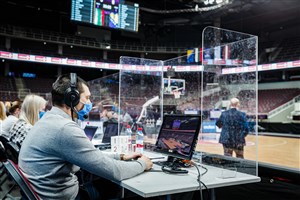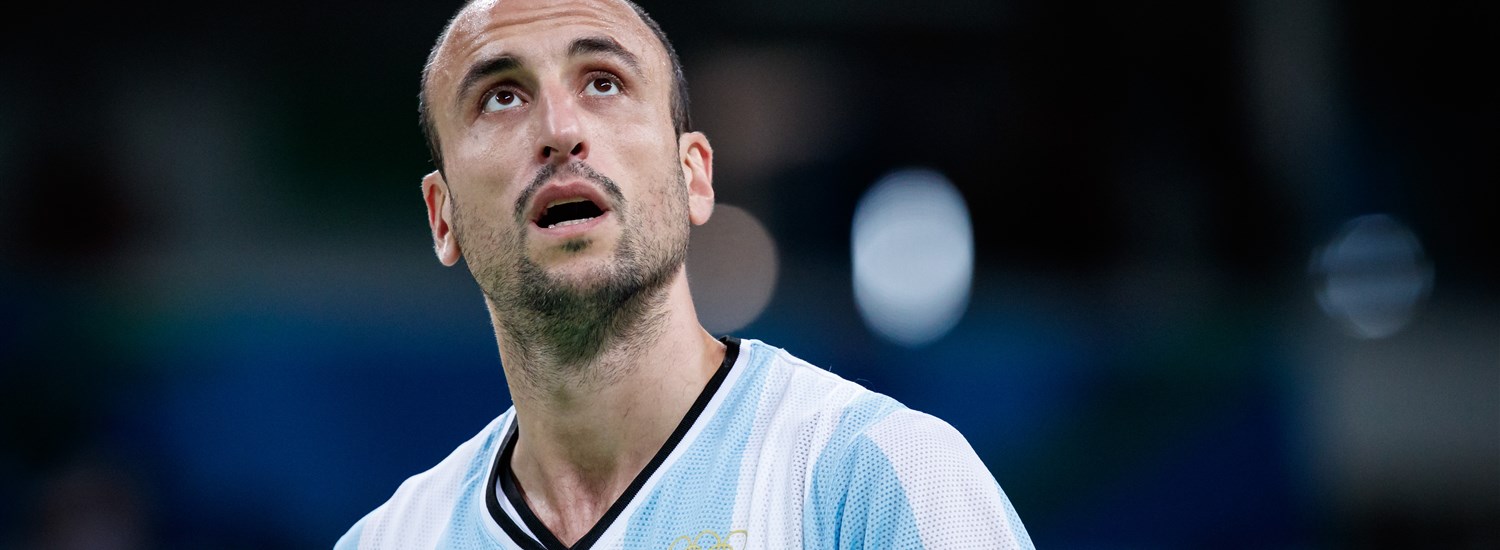
The man that became a legend
The FIBA Americas tournament has been the home of countless figures of continental (and world) basketball throughout its editions. It witnessed the evolution of many young players that eventually influenced their corresponding national teams. One particular case that demonstrates this is Emanuel Ginóbili. The Argentine, considered by many as one of the ten best foreign players in the history of the NBA, represented his country in four FIBA Americas Championships. During those twelve years, Manu went from being a young promise in the Argentine National League to a renowned player in Italy, and finally became an NBA star that all basketball fans enjoyed watching.
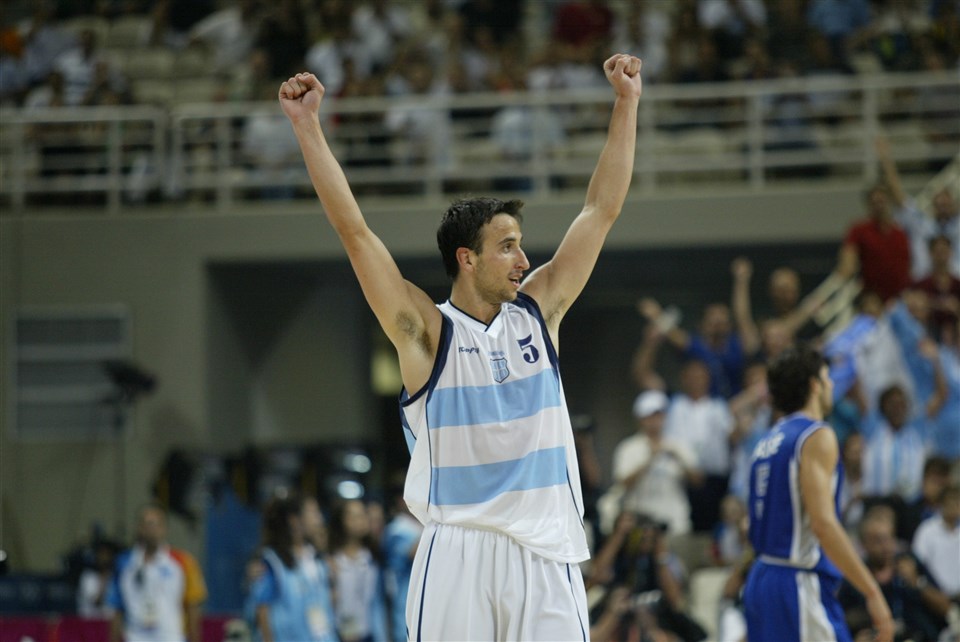
His first appearance was in 1999, in San Juan, Puerto Rico. Argentina, then coached by Julio Lamas, was amidst a process of generational rebuilding and was starting to give the spotlight to young upcoming players that were gaining traction at a national level. The results of the experiment weren't yet definite, but Lamas was decidedly going forward with the transition. That's how the Argentine national team went to Puerto Rican lands with a roster that was overflowing with youth and were hungry for wins.
Experienced players like Marcelo Milanesio, Esteban De la Fuente, and Marcelo Nicola weren’t there anymore. But there were still two essential icons (Juan Espil and Hugo Sconochini), who pushed the base of young players (Ginóbili, Nocioni, Victoriano, Palladino, and Gutiérrez). And the experiment had excellent results. Even though Argentina couldn't qualify for Sydney 2000 (an almost impossible feat), they were outstanding in the championship, where they achieved a valuable third place that brought everyone's hopes up. There, Manu showed the world the first his first brushstrokes (25 points against the locals for the third place). This was when no one knew much about him. The San Antonio Spurs had just picked him, but no NBA player recognized hm. Not even his future teammate, Tim Duncan, who was playing in Puerto Rico with the American team. “I didn't pay much attention, but he must be in condition. Not everyone gets in the Draft,” said the power forward at the time, brushing off the problem.
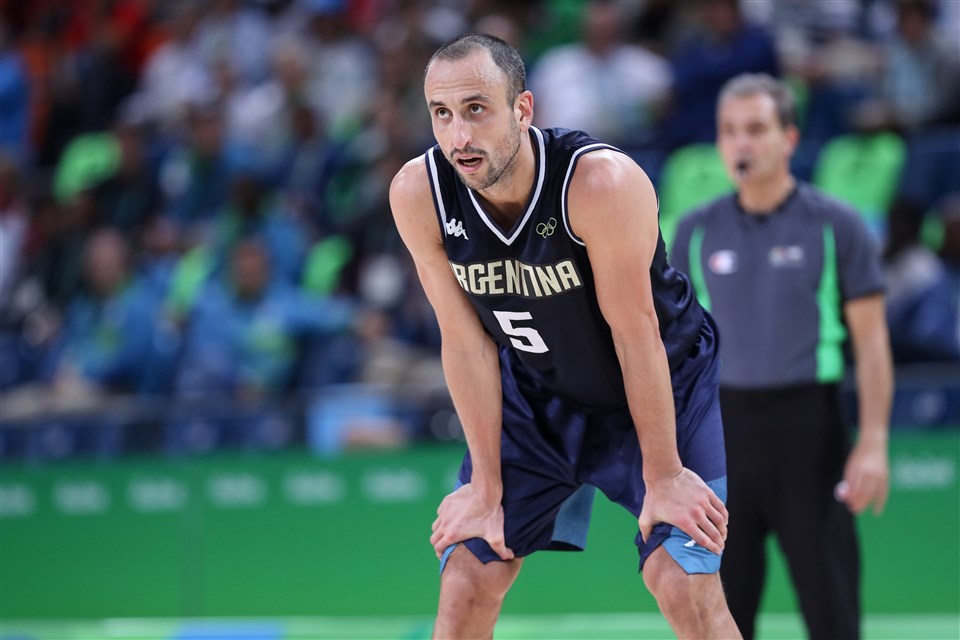
Two years later, Ginóbili had evolved into another player. His evolution was quick, surprising. No one was then surprised that he was Argentina's most outstanding player in the Neuquén tournament: by then, the Bahia Blanca native dominated the Italian league. That Manu was explosive, he was a killer in the court, and extremely ambitious. He scored a thousand ways. He was unstoppable. In the final against Brazil, he scored 28 points, gaining all praise and unanimously earning the MVP.
The shooting guard’s third appearance in a FIBA Americas happened in 2003, once again in San Juan, Puerto Rico. Now, Ginóbili was a star. Not a promising player, not a rising star. He was a world-class star. He'd just led his national team to the Indianapolis 2002 and had won the NBA championship with the Spurs in 2003. The media followed him everywhere, and he suffered this transition to the spotlight. He realized that his lifestyle had changed forever. And despite not performing eminently in the overall balance of the competition, he managed to outstand in the semifinal against Canada, which allowed Argentina to qualify for the 2004 Olympic Games in Athens. In this encounter, he scored 26 points, concluding with an average of 14.1 points per game – and was the squad's highest scorer. The final was against the United States, who didn't leave a way for the game to be neck-to-neck and took home the win with a comfortable 106 to 73.
Eight years passed before Manu came back to a FIBA Americas. But the context practically made him do it: the tournament was taking place in Mar del Plata, two Olympic spots were at play, as was the possibility of playing in front of his people after a decade without officially hosting a tournament. Ginóbili quickly confirmed his attendance. He'd spent two years without representing his nation and had started to miss his lifelong teammates. It was the perfect excuse to pay a timely homage to the Golden Generation, which was beginning to dissolve slowly. And that's what the local fans understood, and bought all tickets for every presentation, no matter the rivals or the game.
Manu, who had recently become a father, was at his highest maturity level, and his only interest was to enjoy the experience. But when the competition started, his instincts kicked in like always. And the competitive Ginóbili was, until the day of his retirement, a hell of a player. His performance was, once again, outstanding. In the semifinal game against Puerto Rico, which defined one of the London 2012 tickets, he contributed 23 points and led the local to a (very) tight win, 81-79. “When I saw Barea’s shot in the air (after Ginóbili scored the three-pointer that brought the win), the truth is that my heart stopped. I almost died. Then I saw it hit the rim, that the time ran out, and I got emotional. I fell like a giant weight was lifted off my shoulders. The only thing I wanted to do was to hug the guys and the people. It was an exhilarating moment, but also one filled with anxiousness," he shared. He then concluded: “It was one of the games in which I endured the most pressure in my career. I can only compare it to the seventh game of the NBA Finals in 2005 (against Detroit) when you know that there's no tomorrow. Today I felt like that. It was an opportunity that we couldn’t risk losing.”
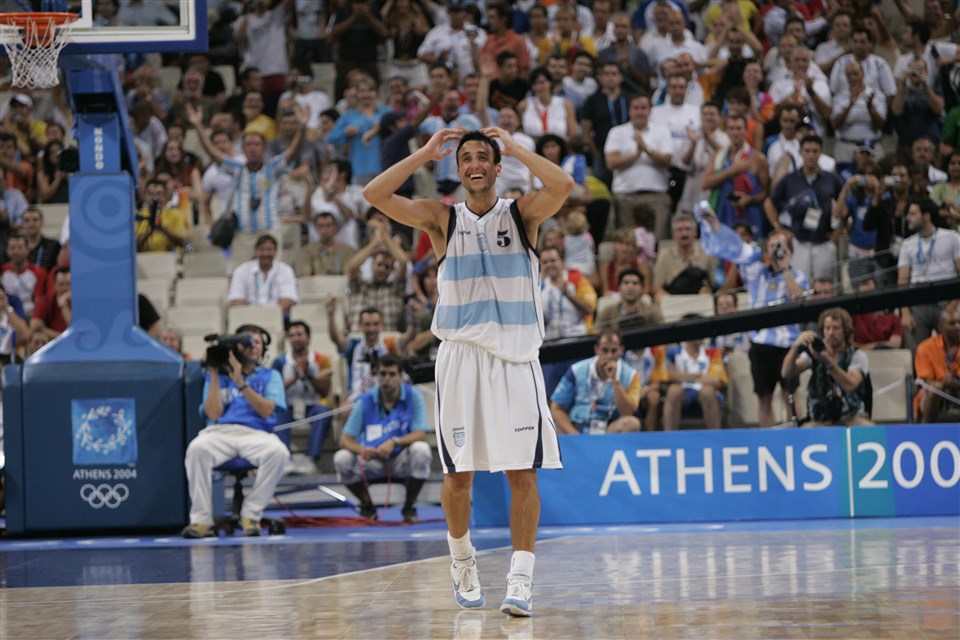
Using the victory's motivation in their favor, the Argentine team was outstanding in the final, and, with a powerful Luis Scola, they defeated Brazil to take the title (80-75). It was the cherry on the top — a dream farewell. Ginóbili played again for his country's national team, although never again in an official way. At the same time, he kept raking in wins and breaking records with the Spurs. And on March 28, 2019, in an unforgettable evening in his life, the Texas franchise retired his #20 jersey. One of the speakers that described the shooting guard’s career was Tim Duncan. The same one that, two decades before, in Puerto Rico, didn't know how to pronounce Ginóbili's last name…
German Beder
FIBA
